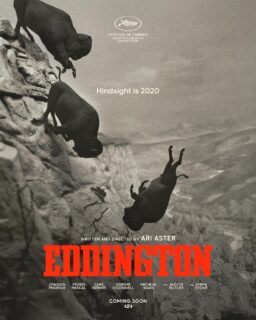Q. What are angels?
A. Angels are pure spirits without a body, created to adore and enjoy God in heaven. The Baltimore Catechism
Angels do not have wings. They do not even have bodies. That means they would be disappointing as lovers, even if they had sexual feelings, which they do not, or if they could fall in love, which they also cannot, since they are hard-wired to love only God.
I think it is important to get these facts on the table before Hollywood becomes hopelessly muddled in a new wave of angel movies.
Consider: In “Michael,” a holiday movie that opened Christmas Day, John Travolta plays an angel who apparently has sex (offscreen, to be sure). In “The Preacher's Wife,” another holiday movie, Denzel Washington plays an angel who falls in love with Whitney Houston, and although they don’t have sex, that’s maybe because of the PG rating. And in “Unlikely Angel,” a holiday made-for-TV movie, Dolly Parton plays a country singer who dies in a pickup truck accident and is sent back to Earth by St. Peter (Roddy McDowell) to earn her angel’s wings.
These scenarios are all wrong, wrong, wrong, from a theological point of view (which is the only view worth having about angels). All the authorities agree that God created angels before the beginning – before there was earth or sea or sky, or men and women. Angels have no corporal existence because they do not consist of atoms and molecules but are ideas in the mind of God.
Somewhat later (if the word “later” can be used of a time when there was no time), God created the physical universe, and filled it with suns and planets and humans and other species. According to many religions, he then arranged that humans who lived worthy lives would after their deaths go to heaven. There they would be saints (a saint by definition is any human who is in heaven).
Although we are fond of saying that our departed loved ones (and even our pets) are now “angels in heaven,” it would be more accurate to call them “saints in heaven” in the case of humans, and to draw a discreet veil of silence over our dogs and cats, which, theologians agree, do not possess immortal souls and thus do not qualify – unless there is a doggie or kitty heaven. (Those who believe in doggie and kitty heavens should address their correspondence to one another.)
I make these points because all three of these films are badly flawed in their theology. It is established in “The Preacher’s Wife,” for example, that Washington’s character was a human who died 30 years ago and has now returned to earth, where he is eager to taste pizza again after three long decades of denial.
Well, if he was a human and died and went to heaven, then he is now a saint, not an angel. He reads The Angel’s Handbook, however, which indicates either (a) that he is an angel but hasn’t done his homework, or (b) he is really a saint. He is a liar in either case, because if (b) is true he is not an angel, and if (a) is true then he has never eaten pizza.
As for sexual feelings, angels have none. When it comes to lust, they are clueless as a worker ant. They are neither male nor female – and, having no gender, they lack any equipment with which they might express such feelings. (The female judge who invited Michael into her chambers should have looked puzzled after her search for the necessary appurtenance).
If we are to have more angel movies, I urge filmmakers to observe that if a character must return from heaven and fall in love, a quick rewrite can easily make them saints instead of angels. Movies should also avoid the song “Got a Date with an Angel.” Angels make great guardians, but lousy dates.











